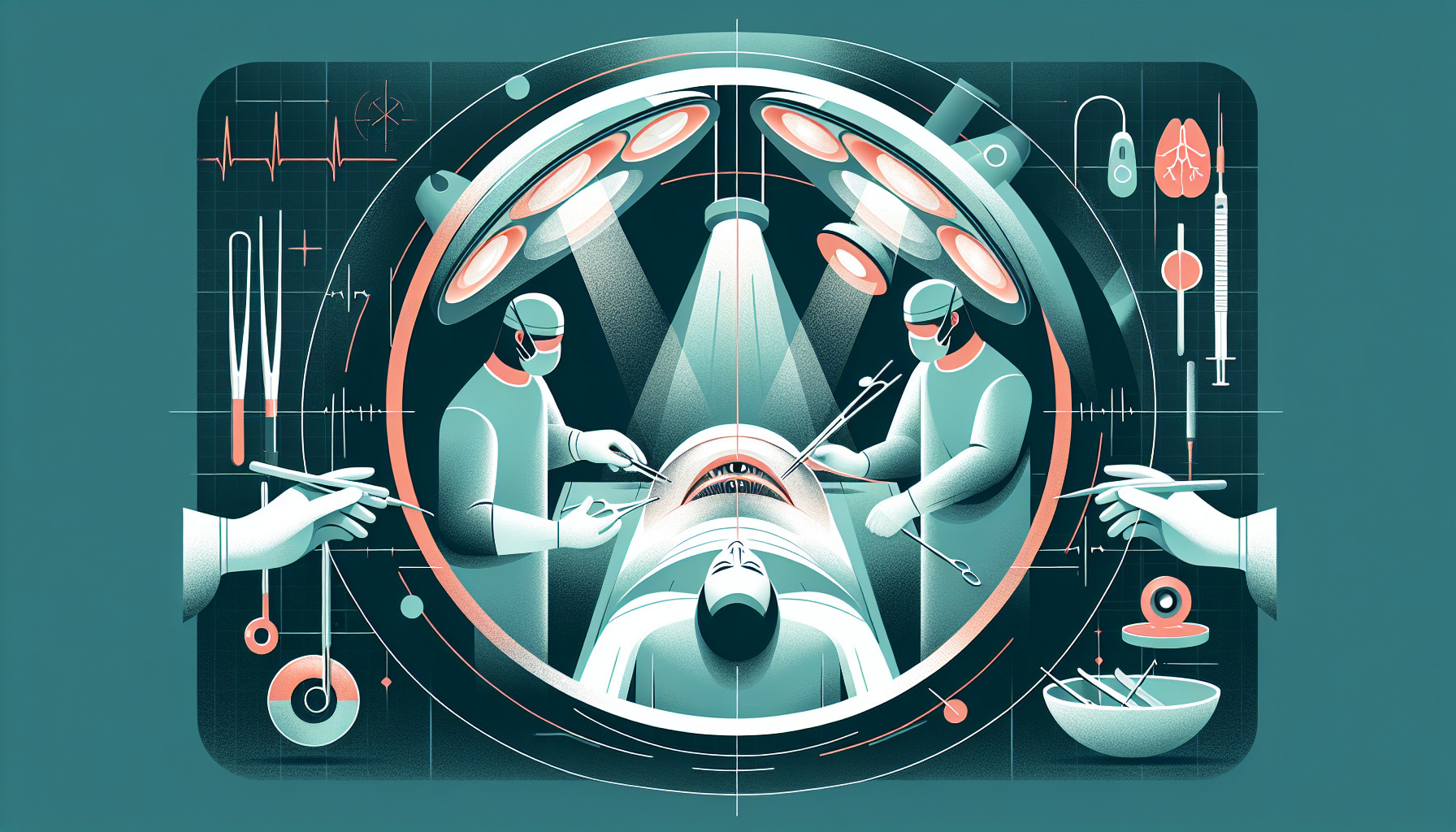Our Summary
Cataract surgery is a common procedure, especially among the elderly who often have other health issues. This research paper looked at whether doing routine medical tests before cataract surgery reduces the risk of complications or changes how the surgery is managed. The researchers also wanted to find out how much these pre-surgery tests cost on average.
They analyzed data from three different clinical trials, involving over 21,000 cataract surgeries. They found that there was no difference in the number of complications during or after surgery between patients who had pre-surgery medical tests and those who did not.
Moreover, one of the studies suggested that the cost of pre-surgery testing was 2.5 times higher than not doing these tests. The studies also showed no difference in the number of surgeries cancelled whether patients had pre-surgery tests or not.
Based on these findings, the researchers concluded that routine pre-surgery tests do not make cataract surgery safer. They suggested alternatives such as self-administered health questionnaires could help identify patients at higher risk of complications, which could be a more cost-effective approach. However, they also noted that in low- and middle-income regions, such questionnaires might not be effective as many people may not have access to regular medical care or may not have been diagnosed with any chronic diseases.
FAQs
- Does undergoing routine medical tests before cataract surgery reduce the risk of complications?
- What is the average cost of pre-surgery tests before cataract surgery?
- Can self-administered health questionnaires be an alternative to routine pre-surgery tests before cataract surgery?
Doctor’s Tip
A helpful tip a doctor might tell a patient about cataract surgery is that pre-surgery medical tests may not always be necessary and may not necessarily make the surgery safer. It is important for patients to discuss their medical history and any underlying health conditions with their doctor before the surgery to ensure a safe and successful outcome. Additionally, following post-operative care instructions and attending follow-up appointments are crucial for a smooth recovery process.
Suitable For
In general, patients who are typically recommended for cataract surgery are those who have significant vision impairment due to cataracts that is impacting their daily activities and quality of life. This can include patients who have difficulty driving, reading, or seeing faces clearly. Cataracts can also cause symptoms such as glare, double vision, or difficulty seeing in low light conditions.
Additionally, patients with other eye conditions such as glaucoma or macular degeneration may also be recommended for cataract surgery if their vision is significantly affected by cataracts. Patients with certain medical conditions such as diabetes or a history of eye trauma may also be candidates for cataract surgery.
Ultimately, the decision to undergo cataract surgery is made on a case-by-case basis by an ophthalmologist after a comprehensive eye examination and discussion of the risks and benefits of the procedure.
Timeline
Timeline before cataract surgery:
- Patient experiences blurry or cloudy vision, difficulty seeing at night, or seeing halos around lights.
- Patient visits an eye doctor who diagnoses them with cataracts and recommends surgery.
- Patient undergoes a pre-operative assessment to evaluate their overall health and suitability for surgery.
- Patient may undergo various medical tests such as blood tests, ECG, and chest X-ray to assess their fitness for surgery.
- Patient receives instructions on how to prepare for surgery, including fasting before the procedure and stopping certain medications.
Timeline after cataract surgery:
- Patient arrives at the hospital or surgical center on the day of surgery.
- Patient undergoes cataract surgery, which typically takes around 15-30 minutes and is done under local anesthesia.
- Patient is monitored in the recovery area for a brief period before being discharged.
- Patient may experience some discomfort, light sensitivity, or vision changes in the days following surgery.
- Patient attends follow-up appointments with their eye doctor to monitor their healing and visual acuity.
- Patient may be prescribed eye drops to prevent infection and aid in the healing process.
- Patient gradually regains clear vision over the following weeks as the eye heals.
What to Ask Your Doctor
- What are the potential risks and complications associated with cataract surgery?
- How experienced is the surgeon who will be performing the cataract surgery?
- What type of cataract surgery will be performed (traditional vs. laser-assisted)?
- What are the expected outcomes and recovery time after cataract surgery?
- Are there any specific instructions or precautions I need to follow before and after the surgery?
- Will I need to stop taking any medications before the surgery?
- What are the costs involved in cataract surgery, including any additional tests or procedures?
- Are there any alternative treatments to cataract surgery that I should consider?
- How soon after cataract surgery can I resume my normal activities, such as driving or exercising?
- What follow-up care will be needed after cataract surgery?
Reference
Authors: Keay L, Lindsley K, Tielsch J, Katz J, Schein O. Journal: Cochrane Database Syst Rev. 2019 Jan 8;1(1):CD007293. doi: 10.1002/14651858.CD007293.pub4. PMID: 30616299
